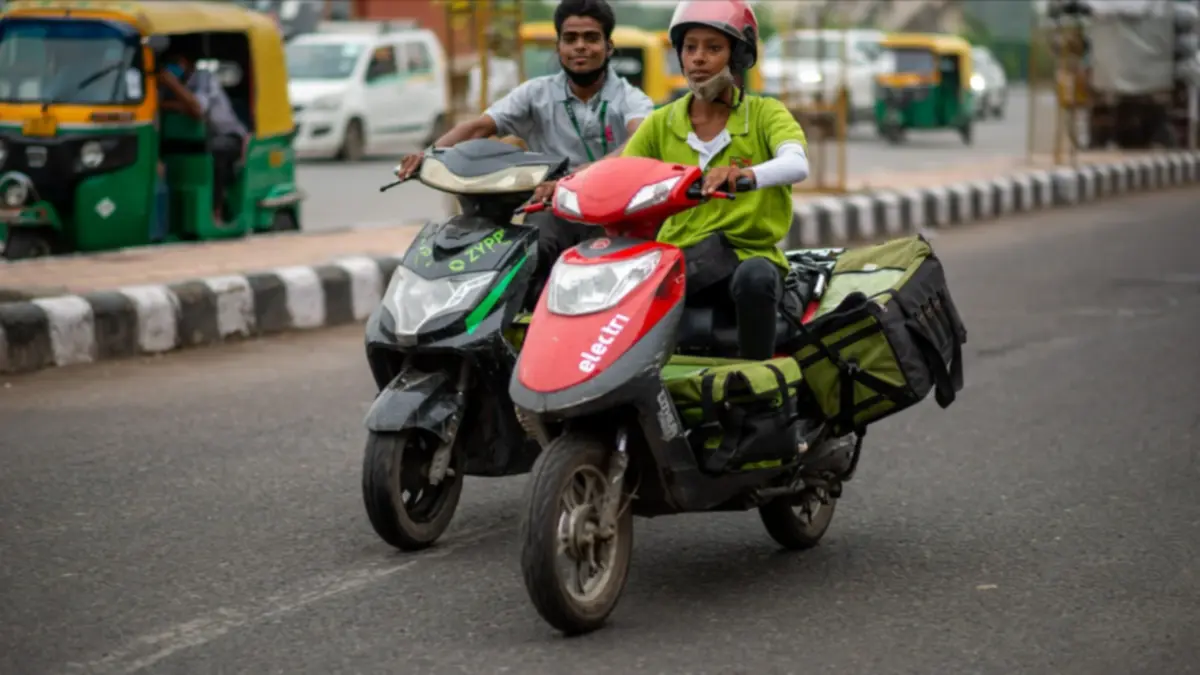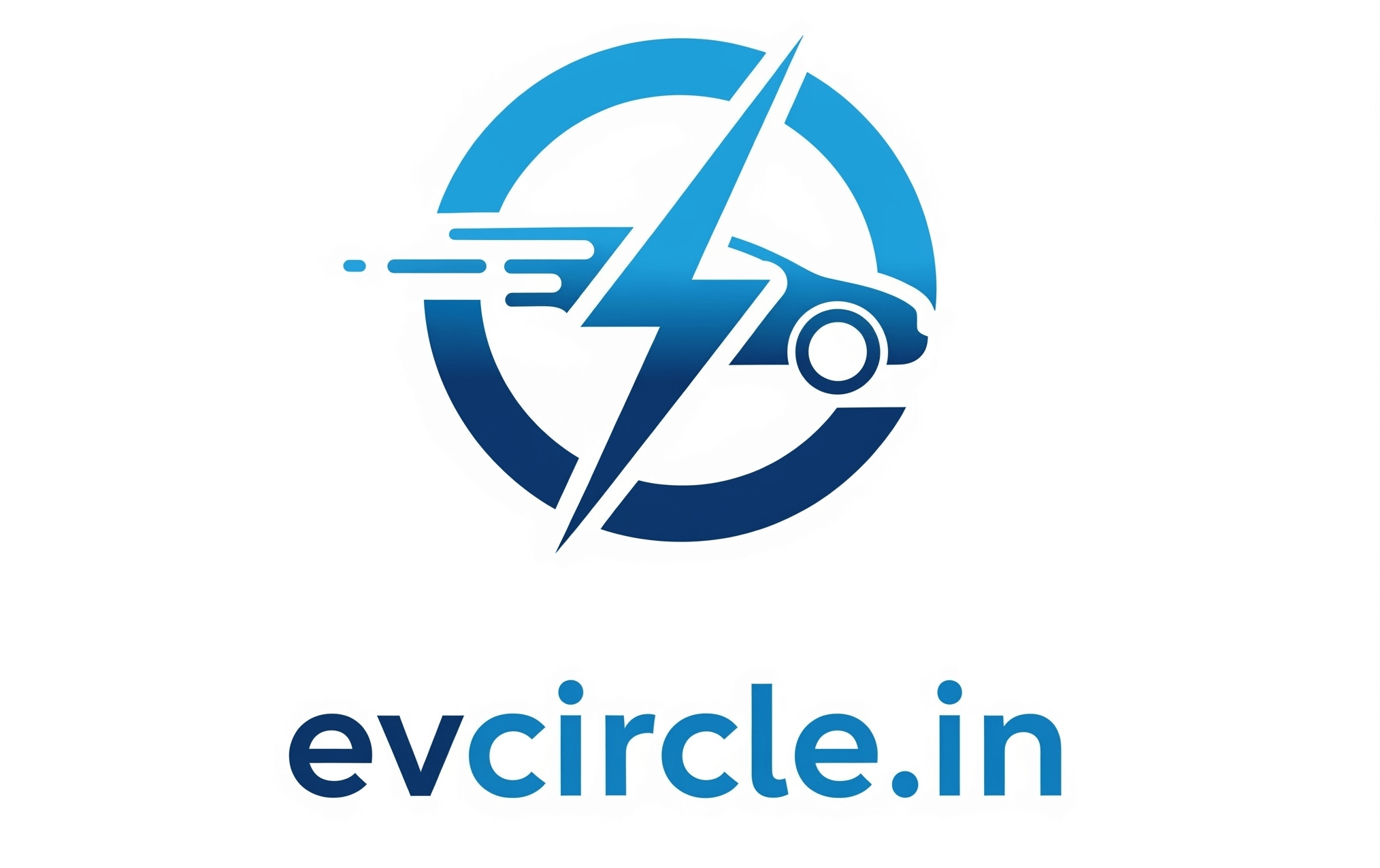
The GST Council confirmed it would keep the concessional 5% GST rate on electric vehicles (EVs), backing India’s clean mobility agenda. The Council maintained the 5% rate without any extra cess for all EV segments, irrespective of whether they target mass-market or luxury buyers.
This decision means imported offerings from Tesla, Mercedes-Benz, BMW and BYD will remain within the same concessional bracket, while domestic introductions like Tata’s Harrier EV and Mahindra’s XUV 9e will avoid major price hikes. The GST on all EVs was lowered from 12% to 5% in 2019, making EVs more accessible to individual buyers and fleet operators. By preserving the 5% rate versus the 28% applied to conventional vehicles, the government has signalled continuity in its green mobility strategy.
For e-commerce firms, where logistics constitute a major expense, this tax break can hasten EV uptake by reducing upfront purchase costs. The revamped GST rates will take effect on September 22, 2025.
EVs in Last-Mile Delivery
India’s last-mile delivery networks are increasingly being served by EVs. Flipkart has pledged to switch to a 100% EV fleet by 2030 and has already rolled out thousands of electric vans across major cities. The company began using EVs for last-mile deliveries more than five years ago. Today the firm operates roughly 13,300 EVs.
Nishant Gupta, head of Sustainability at Flipkart, said electric mobility is no longer futuristic but current, transforming e-commerce logistics in India. He noted their strategy goes beyond fleet counts: they are creating an enabling ecosystem—partnering with OEMs, offering accessible financing for adoption and ensuring delivery staff experience smoother, quieter and more efficient rides.
Likewise, in August, Swiggy teamed up with Bounce, an electric mobility firm, to speed up EV adoption among its delivery partners. This alliance will make electric mobility more reachable and affordable for Swiggy and Instamart couriers, aiming to cut the carbon footprint of hyperlocal deliveries while reducing operating costs for delivery agents.
Reports also indicate Zomato has implemented battery-swapping models for its delivery partners to make EV usage more practical. Meanwhile, Amazon India plans to add 10,000 EVs to its delivery fleet by 2025.
Industry Perspective on the Move
EV adoption is not merely a corporate sustainability target but a commercial necessity. Logistics costs in India are high and rising fuel prices make EVs appealing. Industry sources say the GST reduction bolsters the commercial rationale.
Policy actions for EV components—like GST concessions, PLI schemes and others—are fostering an environment that promotes clean mobility. For those considering a pre-owned model, an Essential Tips for Buying a Used Electric Vehicle is a valuable resource.
Still, prospective EV buyers face several financing hurdles such as elevated interest and insurance rates, low loan-to-value ratios and limited specialised financing choices. Maintenance and repairs of these EVs pose another issue since battery swapping and charging are classified as “maintenance and repair” services. Taxing it at 18% GST as with other utility services makes EV uptake challenging and impedes businesses from running battery-swapping models efficiently.
Sustainability advocate with a keen eye on policies, trends, and real-world EV impact.

Leave a Reply